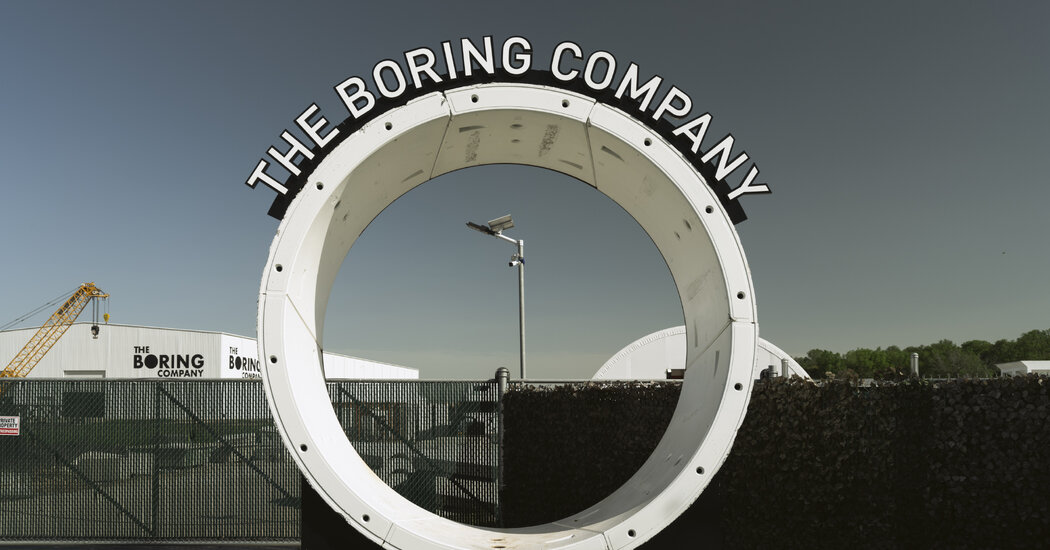Boring Company Joins Federal Railroad Administration for Tunnel Assessment
The Federal Railroad Administration (FRA) is considering the expertise of the Boring Company, founded by Elon Musk, to aid in a major Amtrak initiative. This collaboration aims to assess and potentially rein in the soaring costs associated with the Frederick Douglass Tunnel project.
Project Overview
The Frederick Douglass Tunnel, set to connect Baltimore with Washington and Virginia, is projected to cost between $6 billion to $8.5 billion, a significant increase from initial estimates. The FRA has engaged the Boring Company to evaluate cost-effective construction methods for this ambitious infrastructure endeavor.
Department of Transportation’s Involvement
Recently, officials from the Department of Transportation (DOT) met with representatives from the Boring Company to discuss potential efficiencies in the tunnel’s construction. Nathaniel Sizemore, a spokesperson for the DOT, confirmed that the Boring Company is among several firms under review for a new engineering contract. “No decision has been made on bids,” Sizemore emphasized, adding that Amtrak will adhere to established contracting procedures.
Concerns and Controversies
The discussions surrounding this collaboration have sparked concerns regarding possible conflicts of interest, particularly given Musk’s extensive portfolio of companies and his advisory role to former President Trump. Questions arise as to whether his dual responsibilities could influence federal contracting processes.
Additionally, Musk has publicly criticized Amtrak and large-scale rail initiatives. His prior statements suggest a preference for privatizing the federally owned railroad service. Musk remarked, “If you’re coming from another country, please don’t use our national rail. It’s going to leave you with a very bad impression of America,” highlighting his skepticism about the current state of U.S. rail infrastructure.
Rising Costs and Stakeholder Discussions
The FRA has recognized an increase in the estimated costs for the tunnel, now set at $8.5 billion, while expressing that Amtrak has yet to develop strategies to mitigate expenses. Sizemore stated, “The department has had conversations with many stakeholders in the infrastructure-engineering space to understand opportunities to get this project back on track.”
Background on the Frederick Douglass Tunnel
The tunnel is intended to replace an aging structure that has served its purpose for 152 years. This project represents Amtrak’s most significant infrastructure investment to date, with completion tentatively scheduled for 2035. Critiques have been raised regarding the project’s escalating costs and missed deadlines, as noted in a report by Amtrak’s inspector general.
Last year, Amtrak awarded a construction contract to a joint venture between Kiewit and J.F. Shea, but concerns persist about the overarching funding strategy for such endeavors, particularly in light of criticisms surrounding favoring Northeastern states for federal funds.
Boring Company’s History and Future Prospects
Despite securing over $900 million in funding, the Boring Company has faced challenges in executing many of its proposed projects across the United States. Musk’s vision for expansive underground transport systems has repeatedly faced setbacks, including past proposals for projects that have since been removed from their website.
Steve Davis, heading the Boring Company and a close associate of Musk, has engaged with federal agencies in efforts to improve efficiency. However, internal criticisms regarding project fulfillment continue to emerge. Davis recently framed these challenges as integral to avoiding potential economic distress at the national level.


